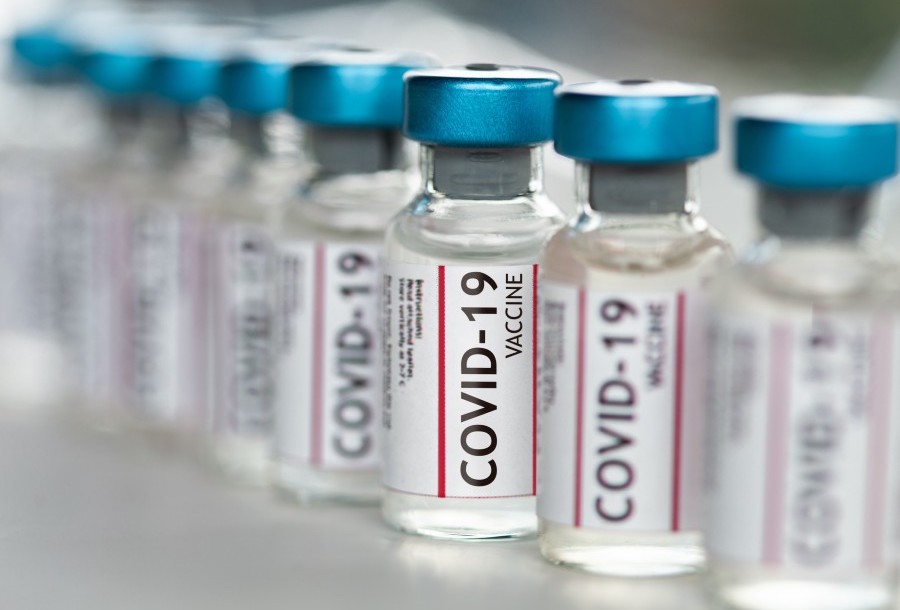Professor Angus Dalgleish van St George’s, University of London heeft een brandbrief geschreven aan de hoofdredacteur van het medische tijdschrift The BMJ.
Hij schrijft dat er inmiddels een duidelijk verband is tussen de coronavaccins en bloedproppen, myocarditis, hartaanvallen, beroertes, myelitis en neuropathie. Hij voegt toe dat hij deze bijwerkingen in juni 2020 al heeft voorspeld.
Hard achteruit
Er is nu nog een reden om alle vaccinatieprogramma’s stil te leggen, stelt professor Angus Dalgleish. Als oncoloog ziet hij dat mensen met een stabiele ziekte na het nemen van een booster hard achteruit gaan.
Om zich heen ziet hij dat mensen zich tot enkele dagen of weken na de booster niet lekker voelen. Eén van zijn persoonlijke contacten kreeg na de prik leukemie, twee collega’s non-hodgkinlymfoom en een oude vriend kreeg na zijn booster diverse uitzaaiingen.
Geen toeval
Er is geen sprake van toeval, benadrukt de oncoloog, die erop wees dat hetzelfde patroon wordt waargenomen in Duitsland, Australië en de Verenigde Staten.
Hier moet onmiddellijk een publiek debat over gevoerd worden, vindt de professor oncologie.
Turbokankers
Patholoog Ryan Cole zei eerder dat ‘talloze’ oncologen contact met hem hebben opgenomen. Zij zagen dat allerlei kankers die ze normaal gesproken onder controle konden houden en behandelen, zich ‘als wildvuur verspreidden’. Sommigen spraken van ‘turbokankers’.

Dear Kamran Abbasi,
Covid no longer needs a vaccine programme given the average age of death of Covid in the U.K. is 82 and from all other causes is 81 and falling.
The link with clots, myocarditis, heart attacks and strokes is now well accepted, as is the link with myelitis and neuropathy. (We predicted these side effects in our June 2020 QRBD article Sorensen et al. 2020, as the blast analysis revealed 79% homologies to human epitopes, especially PF4 and myelin.)
However, there is now another reason to halt all vaccine programmes. As a practising oncologist I am seeing people with stable disease rapidly progress after being forced to have a booster, usually so they can travel.
Even within my own personal contacts I am seeing B cell-based disease after the boosters. They describe being distinctly unwell a few days to weeks after the booster – one developing leukaemia, two work colleagues Non-Hodgkin’s lymphoma, and an old friend who has felt like he has had Long Covid since receiving his booster and who, after getting severe bone pain, has been diagnosed as having multiple metastases from a rare B cell disorder.
I am experienced enough to know that these are not the coincidental anecdotes that many suggest, especially as the same pattern is being seen in Germany, Australia and the USA.
The reports of innate immune suppression after mRNA for several weeks would fit, as all these patients to date have melanoma or B cell based cancers, which are very susceptible to immune control – and that is before the reports of suppressor gene suppression by mRNA in laboratory experiments.
This must be aired and debated immediately.
Angus Dalgleish MD FRACP FRCP FRCPath FMedSci
Angus Dalgleish is a Professor of Oncology at St George’s, University of London.



